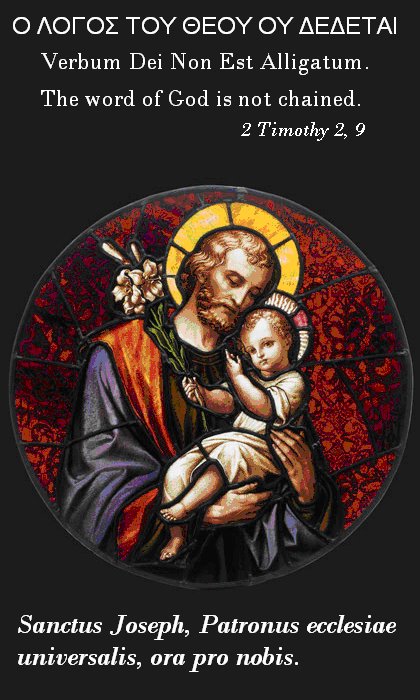More good stuff from Chaput's book, "Render Unto Caesar" (highly recommended, by the way). He quotes Avery Dulles, Jesuit theologian and cardinal: "The greatest danger facing the Church in our country [anywhere in the West, really] is that of an excessive and indiscreet accommodation." Another name for this condition of accommodation, this "kneeling before the world" (Jacques Maritain's phrase), this submission to the spirit of the age, might be rhinoceritis. I'm not a great fan of theater of the absurd, and I've never read Ionesco's play "Rhinoceros", but I am familiar with Thomas Merton's discussion of it in his well-known essay, "Rain and the Rhinoceros."
The play is set in a small French village, where all the citizens contract a disease that causes them to metamorphose into rhinoceroses. All, that is, except Berenger, who witnesses his friend Jean transform before his very eyes. The last words Jean addresses to Berenger, before the mutation is complete and he loses the power of speech, are: "Humanism has expired! You are an old ridiculous sentimentalist." Berenger stands alone at the end of the play, the last human, surrounded by rhinos. And, as Merton comments, "To be the last human in the rhinoceros herd is, in fact, to be a monster."
Reverend John Hugo, an associate of Dorothy Day, described the spiritual state of too many Catholics of his time, in words that are even truer today: "Large areas of their lives are wholly unilluminated by their faith. Their ideas, their attitudes, their views on current affairs, their pleasure and recreations, their tastes in reading and entertainment, their love of luxury, comfort and bodily ease, their devotion to success, their desire of money, their social snobbishness, racial consciousness, nationalistic narrowness and prejudice, their bourgeois complacency and contempt of the poor: In all these things they are indistinguishable from the huge sickly mass of paganism which surrounds them." (Quoted from Chaput, p. 181). In other words, they've joined the herd.
Strong Catholic faith ought to immunize us from infection with rhinoceritis. We follow our Lord and Savior, not the rhinoceros herd. Are we monsters then? (I was going to entitle this post "We Monsters..."). In the world's eyes, maybe so. We certainly have to face the unpleasant fact that we'll often stand alone, and that we'll often fail. When it comes to solitary witness, we have some strong precedents to follow. I particularly like the story of Pope Liberius, who in the 4th Century defied a hostile emperor with the words, "The truth of the faith is not lessened by the fact that I stand alone." To quote Chaput once again:
"In one of their early confrontations, King Henry VIII taunted Bishop John Fisher, the great bishop-martyr of the English Reformation who remained faithful to Rome and opposed Henry's marriage to Anne Boleyn, with this remark: 'Well, well, it shall make no matter ... for you are but one man.' Catholics face the world's same taunting today: the temptation to think that society is too far gone, that our problems are too complex for any of us to make a difference. But one person can always make a difference -- IF that person believes in Jesus Christ and seeks to do his will. We're not called to get results. We're called to be faithful." (p. 196)
Monday, October 5, 2009
Subscribe to:
Post Comments (Atom)

No comments:
Post a Comment